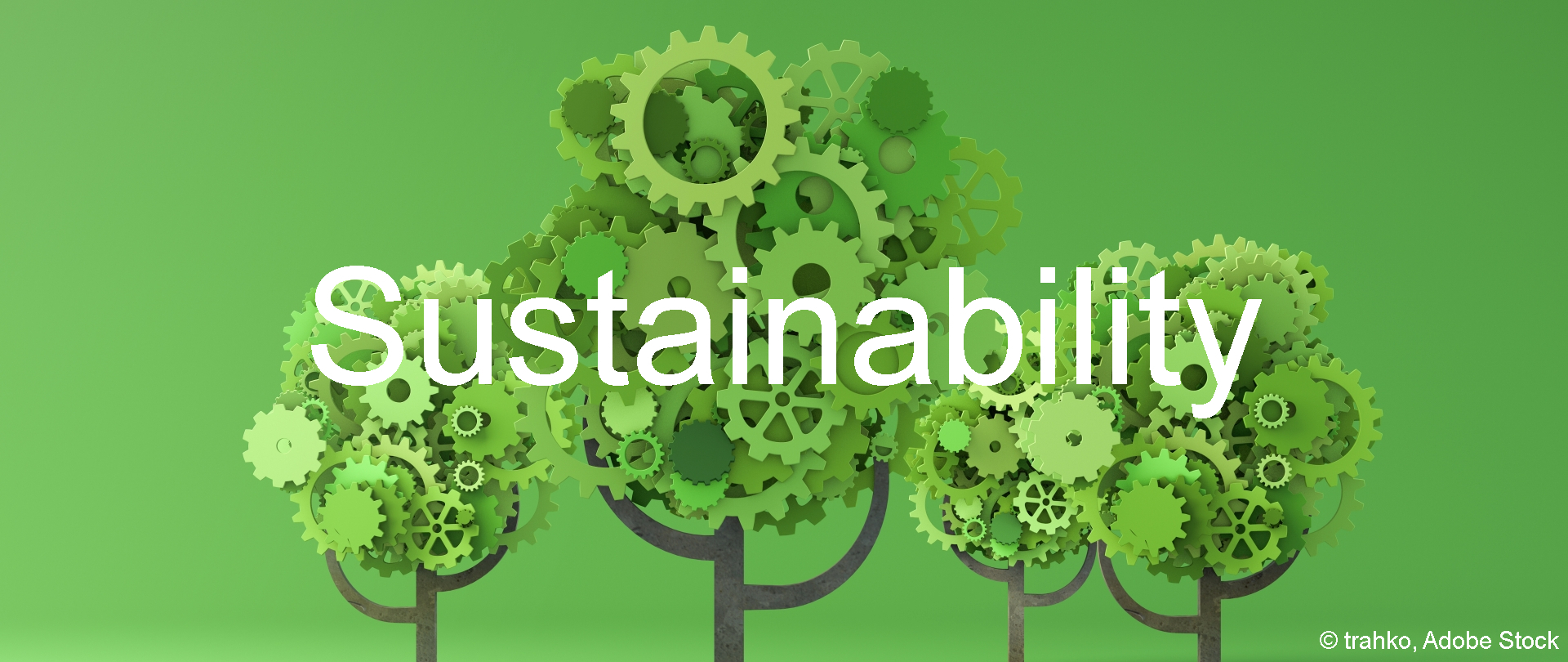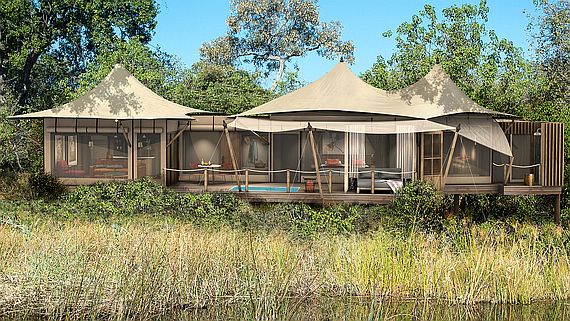
News & Stories
Heidelberg. Because around half of the waste generated in Germany comes from the construction and demolition sector, the city on the Neckar is relying on the urban mining principle with the pilot project "Circular City – Building Material Cadastre for the City of Heidelberg".
Berlin. The German Federal Cabinet decided this week on the future distribution of CO2 costs between tenants and landlords. For this purpose, it has developed a tiered model based on the specific emissions of the rented building. For commercial properties such as hotels, a 50:50 regulation still applies for a transitional period.
Augsburg. Today in focus: Twitter advertising ban / CO2 compensation in the booking process / Package tours by train / LH flying CO2-neutral / Hydrogen train / Climate-neutral cement / Circular economy and material leasing / Sustainable coffee capsules / Less water consumption through mini-turbines / New frameworks & memberships.
Amsterdam. Unsurprisingly, Booking.com concludes in its Sustainable Travel Report that 71% of travellers want to travel more sustainably in the next 12 months. 70% of travellers worldwide would be more likely to choose sustainable accommodation in this context – regardless of whether they are specifically looking for it or not. However, it is interesting to note that most lack easy access to the relevant information to make an informed decision to choose more sustainable travel options.
Augsburg. The revenue of the business travel segment in Germany has currently plummeted by 75% compared to 2019, reports the business travel association VDR. New business can arise if the corporate requirements for carbon footprint and compensation are met. They are becoming a standard requirement for corporates and can also be transparent for hotels. A green RevPAR is conceivable in the future.
Dresden. Every year, approximately 88 million tonnes of food are disposed of in the EU. One of the main culprits is hospitality, above all all-inclusive hotels with up to 60% of the food purchased ending up in the rubbish. A handbook shows, among other things, how guests can be actively encouraged to avoid waste.
Vienna (March 25, 2022). The Austrian tax office is to reimburse hotel companies for prepaid energy taxes. The model is valid for this and next year. The industry is relieved.
London. From monkey research in Africa to global sustainable hotel brand Beyond Green. In between is the career of Costas Christ, founder of sustainability consultancy Beyond Green Travel, which has been part of Preferred Hotels since 2021. The hotel brand was born of a joint effort and was launched in November 2020. hospitalityInside wanted to know what this brand offers "beyond” the normal.
London. If a company pretends to be more sustainable than it is, it can be prosecuted by the Competition and Markets Authority. This is already the case in many countries such as the UK, Denmark and Australia. 40% of the environmentally friendly claims found online are potentially misleading and indicate greenwashing.
Wiesbaden. Today in focus: Plant-based nutrition / Sustainable to-go packaging / Tourist climate assessment / Recycling of soap residues / Radisson Coral Tree School / RIU Animal Welfare / Accor Marine Strategy / Germany Tourism CO2 Emissions.


